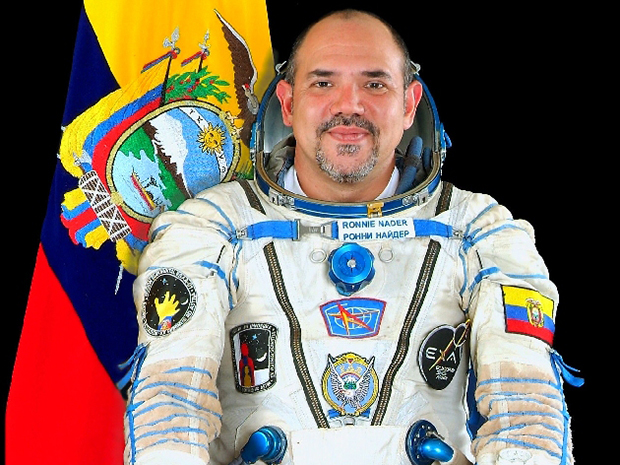Ronnie Nader is practically a one-man space program. Nader, a systems engineer and Ecuador’s only astronaut candidate, completed four years of cosmonaut training in Moscow in 2007, subsequently helped establish Ecuador’s own “vomit comet” zero-gravity training program, and managed the design, construction, launch, and operations of the country’s first two orbiting satellites in 2013. Continue reading Ronnie Nader: Ecuador’s One-Man Space Program
Category Archives: Formats
The strange properties of water zapped by lightning
Why an environmental chemist in Holland is betting that both farming and hospitals might be improved with the use of a fancy form of water.
Something funny happens to water when you spray it through an electrical field: The water can now fight microbes. (Or something in the water can.) Plasma-activated water (PAW) is a fascinating substance that scientists around the world are looking at, in a fast-developing field that’s testing a broad range of uses. Dutch environmental chemist Paul Leenders (TEDxArnhem talk: Plasma-activated water: Nature’s answer to chemical pesticides) hopes to harness PAW to fight microbes in hospitals and on farms. Here’s how it works.
Continue reading The strange properties of water zapped by lightningIBM debuts hyped ‘cognitive cloud’ biotech HQ in Cambridge
In September IBM announced deals with Teva Pharma and Sage Bionetworks to use its Watson Health Cloud platform for a range of services, from selecting molecules for drug development to planning clinical trials and advising clinicians. A couple of weeks later, Microsoft, in Redmond, Washington, revealed a partnership between its Azure cloud computing platform and the University of California Santa Cruz (UCSC) Genomics Institute for data storage and analysis to support its work on genomics research. Information technology firms large and small are expanding their ecosystem of cloud computing facilities and services, hoping to attract players in industry and academia. Cloud systems can ferry, store and combine clinical, research, social and health data. Companies are attracted to these services because they allow them to keep up with the constantly growing pool of information without having to invest in their own information technology infrastructure.
Read the rest of this news story in the December 2015 issue of Nature Biotechnology: [html].
Robot Cars To Join Formula E Racing
The Formula E electric motor racing series is adding a robotic opening act: autonomous cars will race just before the human-driven race begins. The races, scheduled for the 2016-2017 season, will comprise a parallel championship called ROBORACE.
The robo-cars won’t have the same specifications as the human-driven ones. Free from the burden of meat and safety hardware, the robot cars could have an hours’ endurance, organizers say, which is about double that of last year’s human-driven Formula E cars.
Read the rest of this blog post on IEEE Spectrum’s Cars That Think blog: [html].
